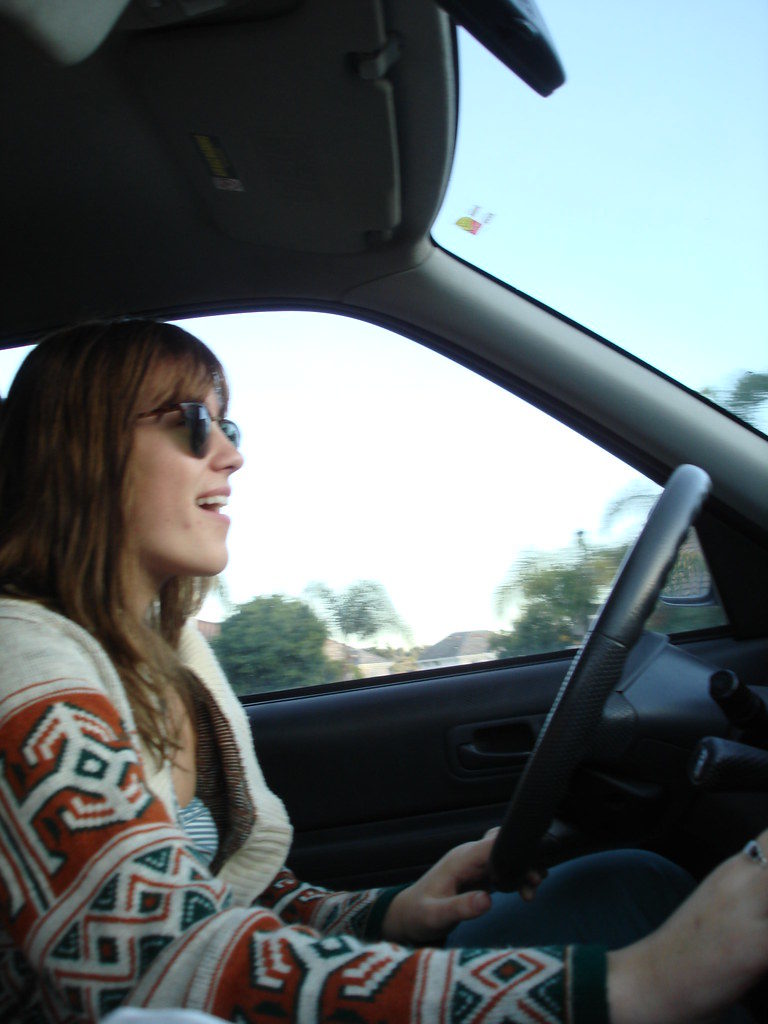Everyday Life
Excerpt – An Alexander Technique Approach to Driving a Car (Automobile) (Pain)(Strain)(Injuries)(Posture)(Psychology)(Albuquerque)(Albuquerque)
This ebook, An Alexander Technique Approach to Driving a Car (Automobile), is published on this website in a PDF format. It is very detailed and practical, and it will give you the physical tools you need to take the limits off of your ability to create the driving technique you want without sacrificing your body.
This ebook is also for sale on all AMAZON websites in a KINDLE format.
Located in Albuquerque, New Mexico, U.S.A. (MOVEMENT THERAPY)
Is this a driver’s education course? No, it’s a driver’s reeducation ebook on good posture and good body use for your whole body as you drive. However many hours you drive or how bad the driving is around you, you can learn not to harm your body with bad driving habits. In other words, you may get angry with the other drivers, but you don’t have to crunch up your body in response to the other drivers’ careless driving. This ebook is going to teach you how to drive with great posture and how to let the car do most of the work.
The Alexander Technique makes it possible for drivers to drive without pain and wear and tear to their bodies. An Alexander Technique teacher shows the driver how to drive his or her car with a sense of poise, and ease. What is it exactly that an Alexander Technique teacher does for the driver that makes it unique? We teach the driver to find the most effortless way to drive her car. We teach the driver that her whole body drives the car. If the whole body is balanced, and you use the Alexander Technique principles of good postural use, the driver will drive without sacrificing her body.
In the Alexander Technique the driver’s well-being is paramount, and if she takes care of herself, the driver will drive with extraordinary ease, if she lets the car do most of the work. It does anyway, but if you drive with tension and poor posture, it will feel as if you’re driving and pushing the car down the road.
Alexander Technique teachers believe the means will take care of the ends. This means if the driver puts his awareness on his posture and technique and chooses to find the easiest way to drive the car with the least amount of work and with high energy, he will not wear his body out. He will not create compression in his joints trying to maintain poor posture and simultaneously use too much muscle in the form of tension to drive his car.
This combination of using too much muscle to hold up a body off balance, and using too much muscle to sustain tension makes it nearly impossible to trust his body to give him what he wants from his driving daily. This muscling of his body and the car will eventually cause his body to hurt and potentially cause him to hurt all of the time or at least when he’s driving, and he’ll stop enjoying driving.
A driver needs a set of tools to be able to drive in the zone every day. What are these tools? They are conscious control, inhibition, orders, direction, renewing the thought, opposition, balance vs. position, grounding, and troubleshooting.
